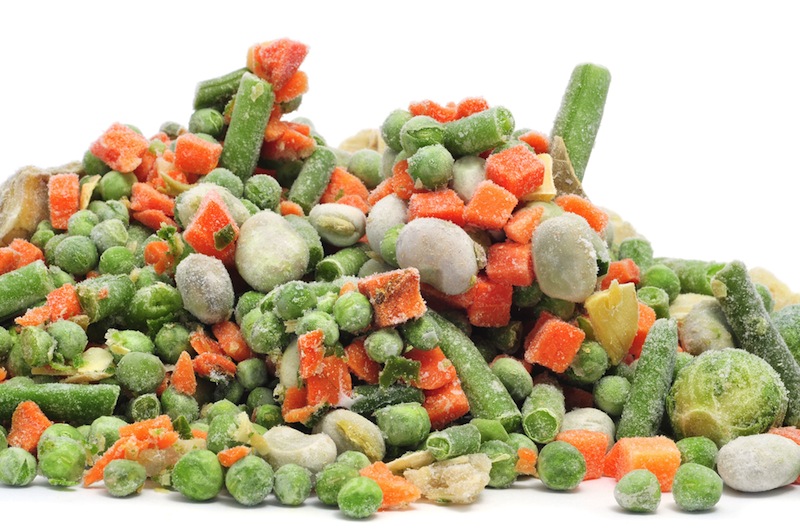
Your Holiday Table: Fresh, Frozen or Canned Veggies?

Get the world’s most fascinating discoveries delivered straight to your inbox.
You are now subscribed
Your newsletter sign-up was successful
Want to add more newsletters?

Delivered Daily
Daily Newsletter
Sign up for the latest discoveries, groundbreaking research and fascinating breakthroughs that impact you and the wider world direct to your inbox.

Once a week
Life's Little Mysteries
Feed your curiosity with an exclusive mystery every week, solved with science and delivered direct to your inbox before it's seen anywhere else.

Once a week
How It Works
Sign up to our free science & technology newsletter for your weekly fix of fascinating articles, quick quizzes, amazing images, and more

Delivered daily
Space.com Newsletter
Breaking space news, the latest updates on rocket launches, skywatching events and more!

Once a month
Watch This Space
Sign up to our monthly entertainment newsletter to keep up with all our coverage of the latest sci-fi and space movies, tv shows, games and books.

Once a week
Night Sky This Week
Discover this week's must-see night sky events, moon phases, and stunning astrophotos. Sign up for our skywatching newsletter and explore the universe with us!
Join the club
Get full access to premium articles, exclusive features and a growing list of member rewards.
The holiday season is a time when our daily agenda items can be trumped by long-standing traditions, such as baking Christmas cookies from scratch, or taking the time to thread popcorn kernels one-by-one together to make garland.
Many people I know would feel guilty preparing a green bean casserole with frozen beans or (gasp) using frozen corn for grandma's corn pudding recipe. But are frozen vegetables really inferior? What about canned?
Research has provided some answers.
Frozen vs. Fresh
Frozen fruits and vegetables may have higher levels of vitamins A and C, and folate, compared with their fresh counterparts that have been stored for five days, according to a 2013 University of Georgia study. The researchers evaluated the vitamin and mineral content of eight fruits and vegetables and found that some had. [10 New Ways to Eat Well]
This study supports the findings of a 1998 Food Chemistry study, which found that the vitamin C content of frozen peas and broccoli was similar to the typical fresh versions you might find at your local grocer.
There isn't a clear winner and loser in the match between frozen vs. fresh because so much depends on when you consume the fresh produce. But what is clear is that frozen vegetables may have more nutritional value than many have thought.
Get the world’s most fascinating discoveries delivered straight to your inbox.
Canned vs. Frozen
In the question of how canned veggies compare with frozen, researchers have found that frozen peas may have substantially higher antioxidant activity than their canned or jarred counterparts, according to a 2002 study in the journal Innovative Food Science and Emerging Technologies.
It's true that canning often lowers the content of water-soluble nutrients, and those that are broken down at high temperatures, but more research must be done to determine whether there are other nutritional benefits of eating canned vegetables, according to a 2007 review in the Journal of the Science of Food and Agriculture.
Bottom Line: If you're lucky enough to live near a farm, or be able to eat your produce freshly picked from the vine, then eating fresh produce is probably a better option than frozen or canned.
But most of us aren't that lucky. So according to the research, frozen fruits and vegetables are a suitable alternative, and in some cases may even be more nutritious than fresh. Canned vegetables are a convenience, but may lack the antioxidants found in fresh or frozen versions.
Healthy Bites appears weekly on LiveScience. Deborah Herlax Enos is a certified nutritionist and a health coach and weight loss expert in the Seattle area with more than 20 years of experience. Read more tips on her blog, Health in a Hurry!
 Live Science Plus
Live Science Plus






